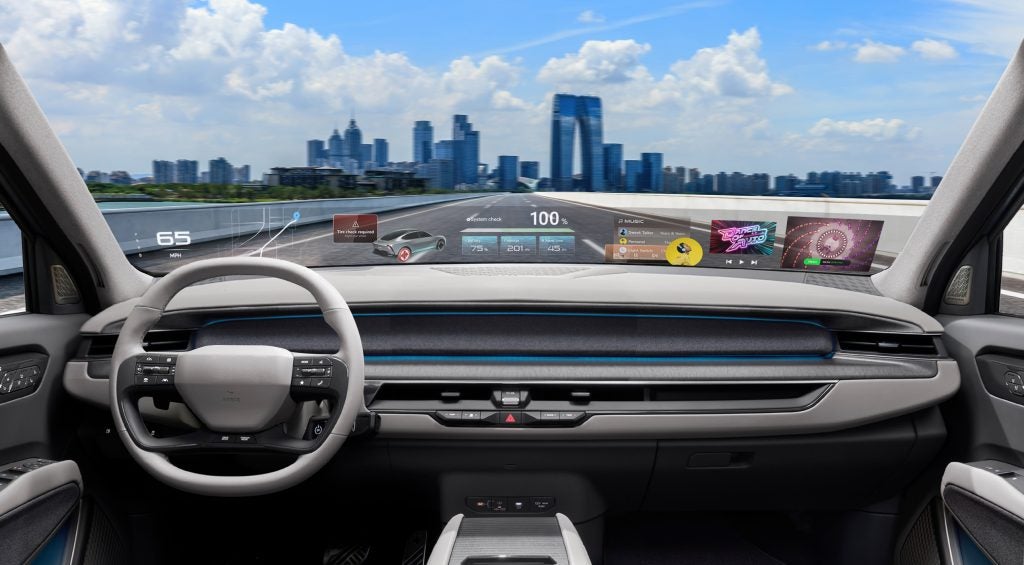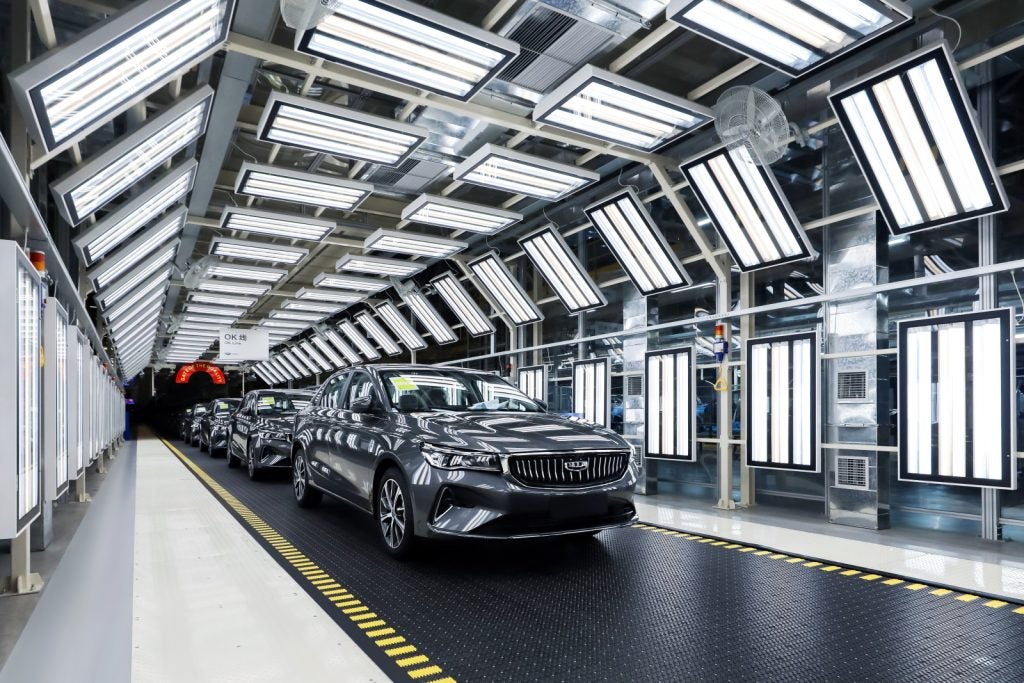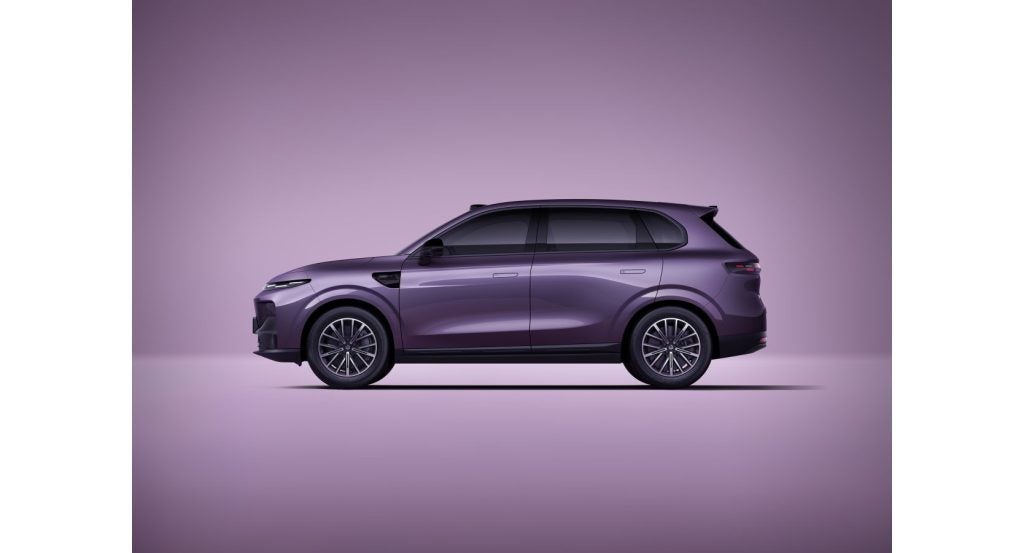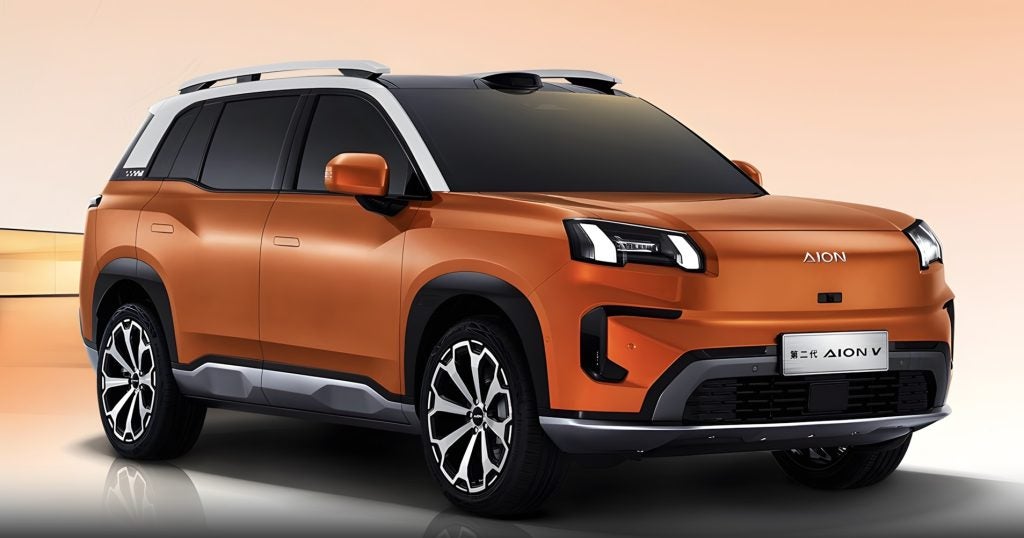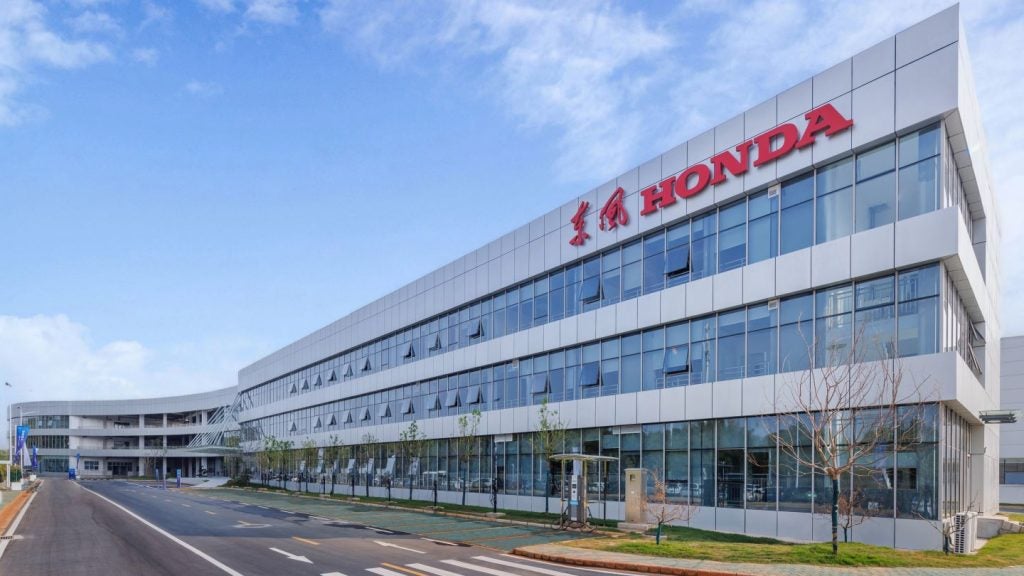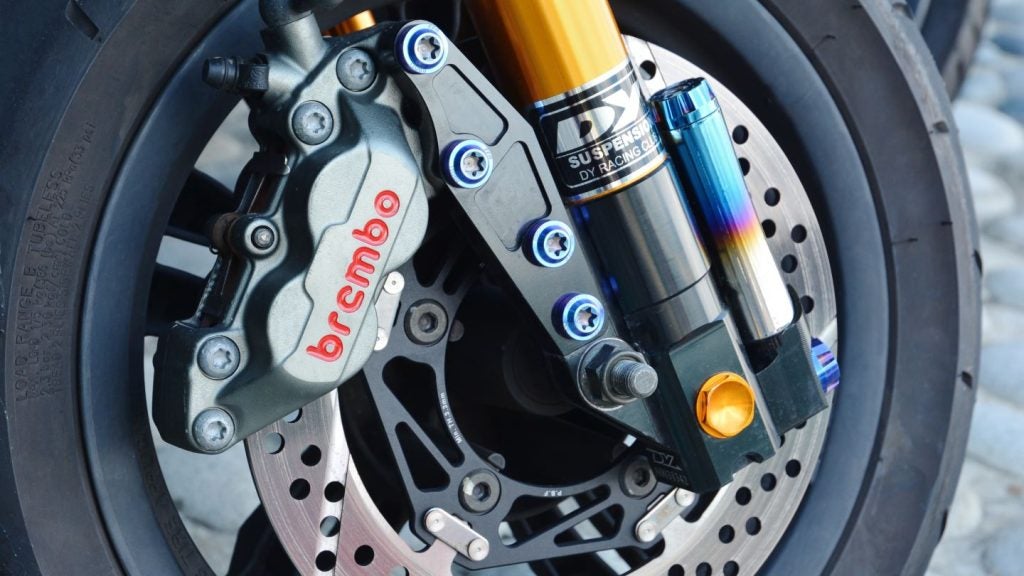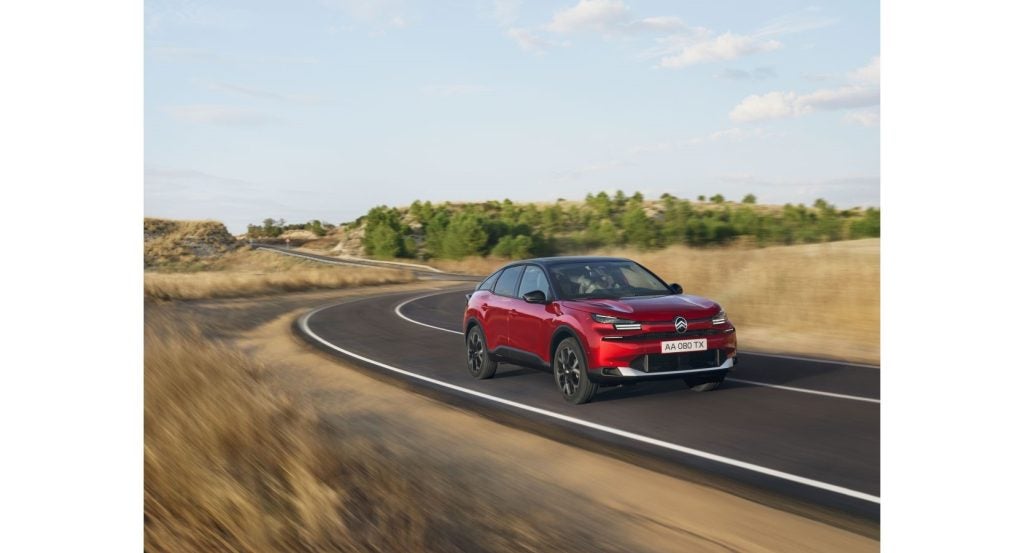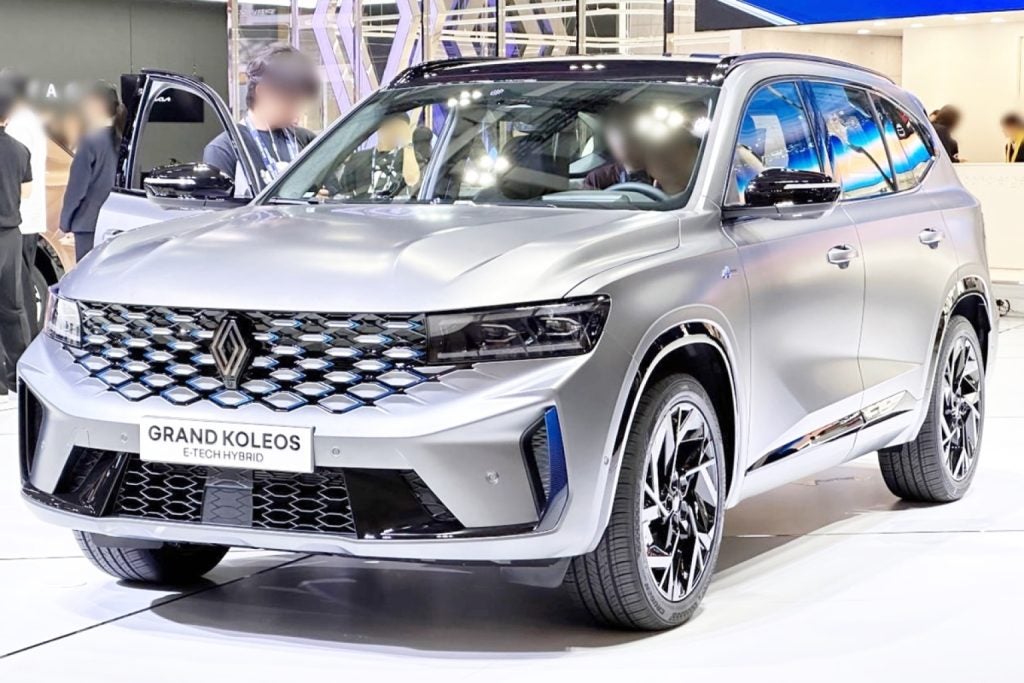Hyundai Mobis Company, the main component manufacturing affiliate of South Korea’s Hyundai Motor Group, signed a “Business Cooperation Agreement” with German optical electronic systems company Carl Zeiss AG, with the aim of launching mass production of next-generation holographic head-up displays (HUDs) in 2027.
Hyundai Mobis confirmed the two companies have agreed to jointly develop a new ‘Holographic Windshield Display' at its research and development (R&D) centre in Yongin, in South Korea’s Gyeonggi-do province.
The company said the holographic HUD uses the vehicle’s windshield as a transparent display to provide driving information and infotainment including music, videos and games, adding “the core of Holographic HUD technology is to clearly display various driving, convenience and infotainment content in a wide space extending from the driver’s seat to the passenger seat. This technology has dramatically evolved from existing head-up displays, which only show relatively simple information such as driving speed, navigation routes and speed limit warnings.”
Hyundai Mobis further clarified: “This transparent display technology enhances safety as drivers can view all information at once without significantly moving their line of sight from the road ahead. Another advantage is that it can completely transform the interior front design of a vehicle by eliminating various display devices mounted on the dashboard while providing an unobstructed, open feeling without interfering the driver’s and passengers’ field of vision.”
Hyundai Mobis described Zeiss as “a leading technology enterprise operating worldwide in the fields of optics and optoelectronics”. The Zeiss Micro-optics unit is regarded as a leading provider of sophisticated micro-optical and holographic-optical solutions for a variety of applications in the automotive, consumer and home technology sectors. The company’s “multifunctional smart glass technology enables, among other things, large-scale holographic projection systems, highly integrated cameras in transparent media and holographic lighting applications. Zeiss Micro-optics offers a complete value chain from optical design to holographic replication systems for series production”.
Hyundai Mobis said it aims to maximise synergies with Zeiss “by mobilizing their specialized technical capabilities for this technology development. Hyundai Mobis will oversee system development and develop and supply the projector”, which projects content such as videos and images onto a transparent screen using lenses and reflectors. This technology requires miniaturization, noise reduction, heat reduction and thermal management solutions which are optimized for passenger vehicles.
A transparent film less than 100 micrometres thick will be purposely-developed by Zeiss, to be applied to vehicle windshields to render content from the light emitted by the projector. This film creates various patterns using photochemical properties when light enters, creating videos and images. Hyundai Mobis confirmed the two companies have already begun preliminary product development, with the first prototype system completed last month.
Jung Soo-kyung, head of Hyundai Mobis’ Automotive Electronics Business Unit, said in a statement: “Starting with this new technology cooperation with Zeiss utilizing the vehicle’s windshield, we plan to expand our concerted efforts in combining optics and automobiles to various fields such as holographic displays for vehicle interiors and exteriors, and 3D rear lamps.”


